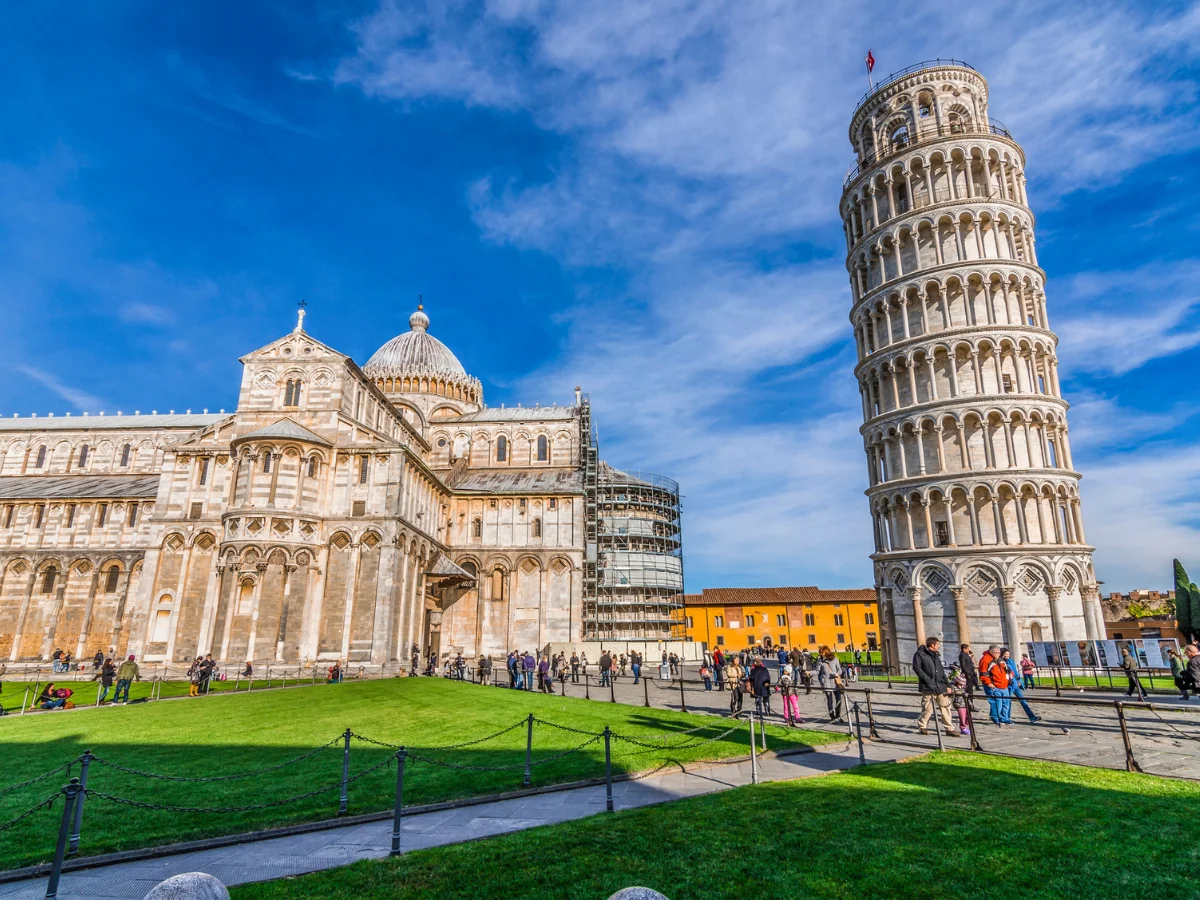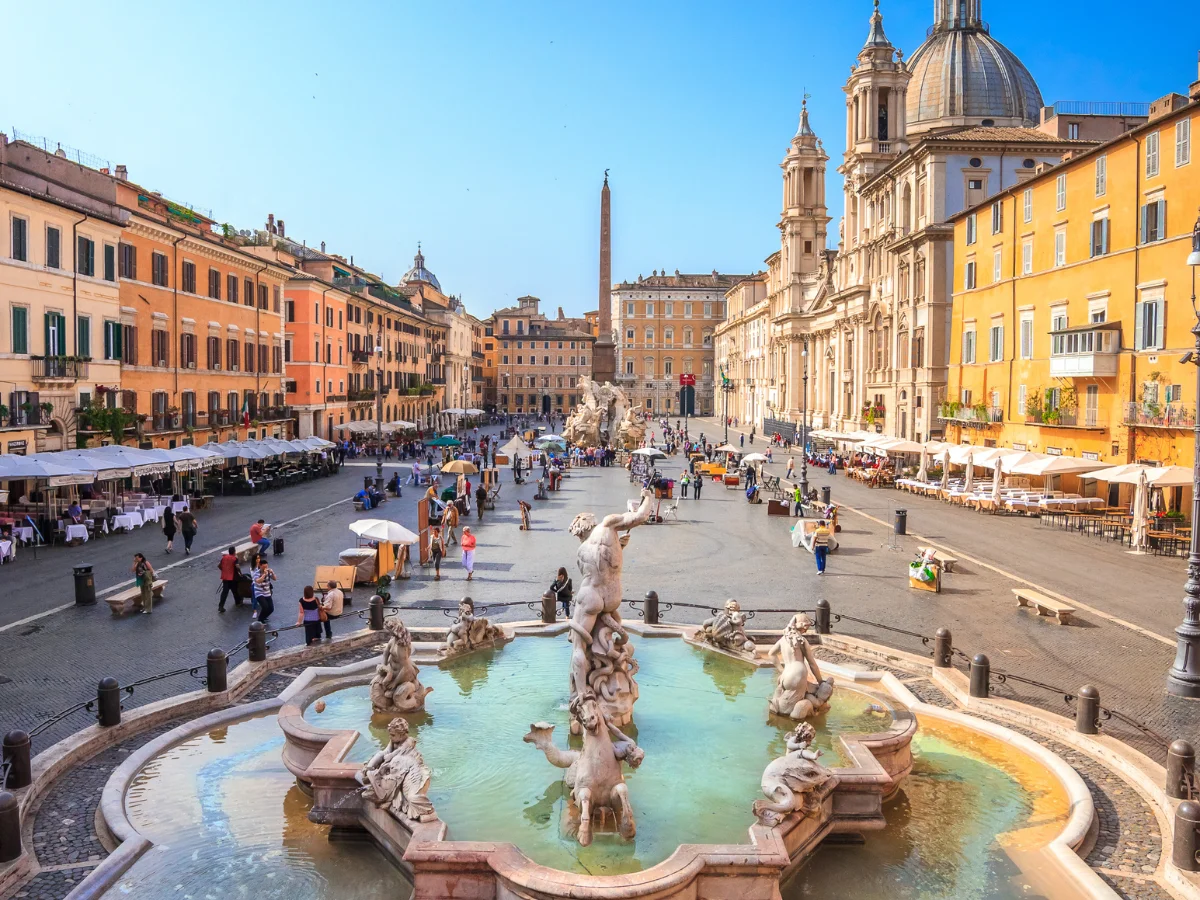Marcus Porcius Cato was renowned as Cato the Elder
Marcus Porcius Cato was renowned as Cato the Elder and epitomized Roman virtue and conservatism. Born in 234 BC, Cato’s upbringing instilled discipline and Stoicism. His military prowess in the Second Punic War catapulted him into politics. Cato staunchly opposed corruption and advocated for agrarian reforms in the Senate. He championed simplicity, duty, and fiscal prudence, denouncing Hellenistic influence. Cato’s mantra “Carthago delenda est” reflected his resolute defense of Rome. His treatise “De Agri Cultura” emphasized rural virtues. Cato’s legacy endures as a symbol of Roman statesmanship and integrity, shaping the ethos of generations to come.

Ancient Rome: Marcus Porcius Cato was renowned as Cato the Elder
Marcus Porcius Cato, commonly known as Cato the Elder, stands as an emblem of Roman virtue and conservatism during the tumultuous times of the Republic. His life and contributions resonate through the annals of Roman history, leaving an indelible mark on the ethos of the ancient world.
Early Life and Education
Born in 234 BC in Tusculum, Cato hailed from an ancient plebeian family. His upbringing instilled in him the values of frugality, discipline, and reverence for Roman tradition. Under the tutelage of his father, he imbibed the principles of Stoicism and agriculture, shaping his character for the challenges ahead.
Military Career
Cato’s military career commenced in the Second Punic War, where he served with distinction under the command of Scipio Africanus. His tenacity and strategic acumen earned him accolades and propelled his rise in the ranks. Cato’s unwavering commitment to the Roman cause manifested in his relentless pursuit of victory against Carthage.
Political Ascendancy
Upon his return to Rome, Cato ventured into politics with fervor. His uncompromising stance against corruption and decadence resonated with the Roman populace, catapulting him into the Senate. As a senator, Cato became a vociferous advocate for traditional Roman values, vehemently opposing the influence of Hellenistic culture and the growing power of the aristocracy.
Cato’s Principles
Central to Cato’s ethos was his unwavering belief in the virtues of simplicity, duty, and austerity. He viewed luxury and excess as detrimental to the moral fiber of Rome, advocating for agrarian reforms and fiscal prudence. Cato’s famous phrase “Carthago delenda est” (Carthage must be destroyed) epitomized his unyielding resolve and commitment to safeguarding Rome’s interests.
Legacy
Cato’s legacy endures as a beacon of Roman conservatism and statesmanship. His treatise “De Agri Cultura” stands as a testament to his expertise in agriculture and his advocacy for rural virtues. Despite his adversaries, Cato’s influence transcended his lifetime, shaping the course of Roman politics and ideology for generations to come.
Conclusion
In the annals of Roman history, Marcus Porcius Cato emerges as a towering figure, embodying the quintessence of Roman virtue and resilience. His unwavering commitment to tradition and moral rectitude left an indelible imprint on the fabric of Roman society, solidifying his status as a paragon of statesmanship and integrity.



